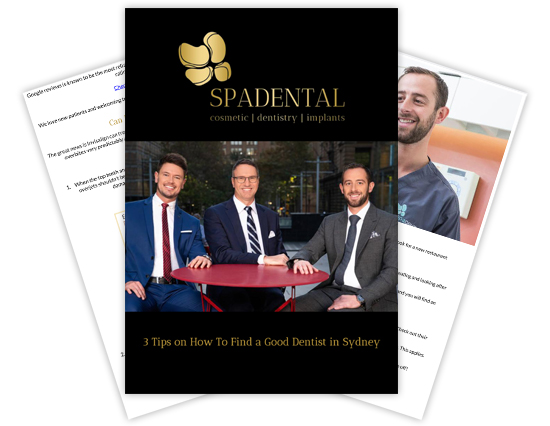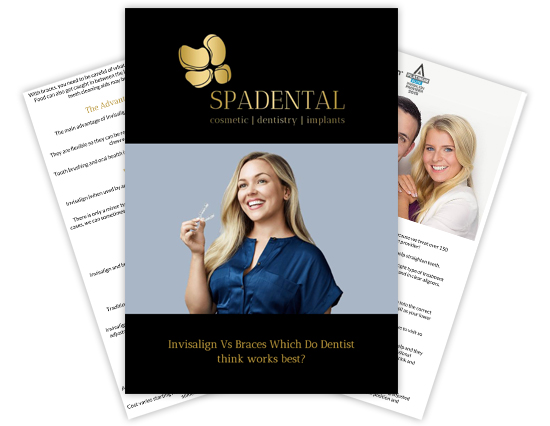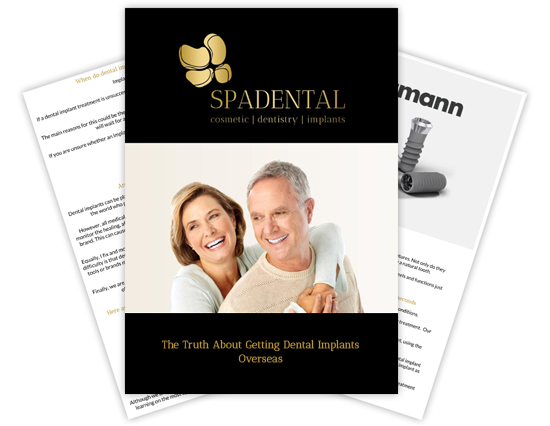Dental implants; common questions answered by Spa Dental

Do you want to have oral implants fitted but have some questions?
At Spa Dental Sydney, our team has extensive experience surrounding the fitting of dental implants Sydney and will always be happy to answer any questions you have about these amazing restoratives.
In this short article, our team answers common questions that we receive about dental implants Sydney, so read on and enjoy!
Are oral implants very uncomfortable when they are fitted?
In a word, no, dental implants Sydney are not very uncomfortable when we fit them.
We will always ensure that your mouth is numbed when we begin this procedure, so it will cause minimal discomfort.
Are there different types of oral implants?
Yes, there are.
The most commonly used implant is endosteal, which is affixed to the jaw, made from titanium and requires you to have an adequate amount of jawbone.
If you don’t have enough jawbone to support this implant type, you may be suited for subperiosteal implants or mini-implants, which require less fusing overall. If you are looking to have implants fitted on your upper jaw, but aren’t suited for endosteal, you may wish to discuss zygomatic implants, which are fitted to the zygoma (cheekbone) and are around 3 times longer than a traditional implant.
Can anyone have oral implants?
As long as you are over the age of 18 years old, have good oral health and general health, you will probably be suitable to have oral implants.
Some health conditions can complicate having oral implants fitted, such as osteoporosis, uncontrolled diabetes and autoimmune conditions, but this does not necessarily mean you cannot have implants fitted.
Our team will aim to discuss any concerns you have about health issues and implants at your consultation. If required, we will also consult with your doctor to discuss suitability for this procedure and the likelihood of long-term success.
Aren’t implants very expensive?
They are not as expensive as many patients fear.
Actually, we can offer you financing options, which will help you spread the cost of your implants into affordable monthly repayments.
Long-term implants also prevent issues such as orthodontic misalignment, tooth decay, gum disease and jawbone recession, so even though you may initially think they are too pricey to afford, they can save you a pretty penny further down the line relating to dental costs caused by missing teeth.
How long will they last?
Provided that you stick to the aftercare advice from our team and maintain your implants correctly, they can last for the rest of your life.
Aftercare typically involves not eating any hard foods while the implants fuse and keeping an eye out for signs of problems that could jeopardise the implants, such as infections.
Concerning maintenance, even though your implants are not real teeth, you should endeavour to treat them like real teeth. That means brushing them twice a day, flossing and rinsing them with mouthwash, while also ensuring you see our team every 6 months for check-ups.
If you are concerned that one of your implants has come loose, then please contact our team for an emergency appointment.
DISCLAIMER
All treatment carries risks. Individual consultation is required with one of our practitioners to ensure that the treatment is right for you.




